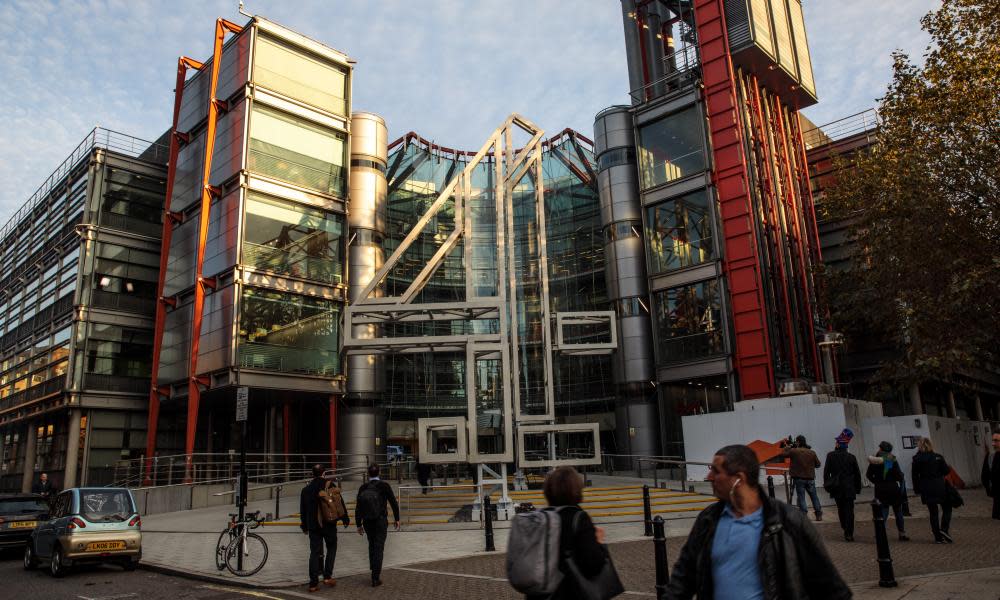New Channel 4 funding talks suggest end of privatisation plan

Channel 4 is discussing new funding models with the government that could enable it to avoid privatisation, according to the culture secretary.
Plans to sell the state-owned broadcaster are widely expected to be abandoned, although officially ministers say they are still considering all options.
Michelle Donelan, who took over as culture secretary in September, told MPs she was talking through alternative business models with the broadcaster: “I’ve been looking at other options on sustainability and discussing those with Channel 4 as to how feasible they are. If we go down one of those roads we would need them to fully sign up and agree to that.”
This could open the door to a face-saving compromise that would see changes to Channel 4’s funding model, while also avoiding the risk of a tricky parliamentary battle over a full sale of the broadcaster to a commercial rival.
Earlier this year Channel 4 put forward an alternative proposal where it would sell its London HQ for up to £100m and move staff to the north of England, while reaching global audiences by making its streaming service available around the world. This idea was rejected by Nadine Dorries, the former culture secretary, who insisted privatisation was the only realistic option.
Channel 4 has been state-owned since it was founded in 1982 but is run on a commercial basis. It reinvests all its profits back into making new programmes but remains heavily reliant on income from selling traditional television adverts.
Donelan told MPs on the digital, culture, media and sport committee she recognised there were long-term concerns about Channel 4’s business model: “Their growth on All 4 is comparable to Netflix and Amazon Prime – the problem was more with the long-term potential, because a great deal of their business model is based on linear advertising.”
Boris Johnson’s government had pushed the privatisation of Channel 4 despite – or, according to some MPs, because they delighted in – strong opposition from the British media industry. However, they faced unexpectedly strong opposition from backbench Tory MPs who raised concerns it would damage production companies based in their constituencies.
Donelan told the culture select committee that the government would still bring forward new media legislation – most of which was welcomed by other broadcasters – as her department deals with a backlog of legislation relating to matters such as online harms, football regulation, and gambling.
She also said that unlike Dorries, she did not make any link between political concerns about the BBC’s impartiality and the future of the licence fee.
“That [impartiality] has nothing to do with the funding model and how we make the BBC sustainable,” she said, striking a more positive note about the BBC’s coverage.
However, she warned that the declining numbers of people paying for the BBC suggested it needed a new funding model: “The licence fee is not a long-term sustainable model in its own right. If we want to make the BBC sustainable we need to be honest. I want to work constructively with the BBC over that.”

 Yahoo Movies
Yahoo Movies 
